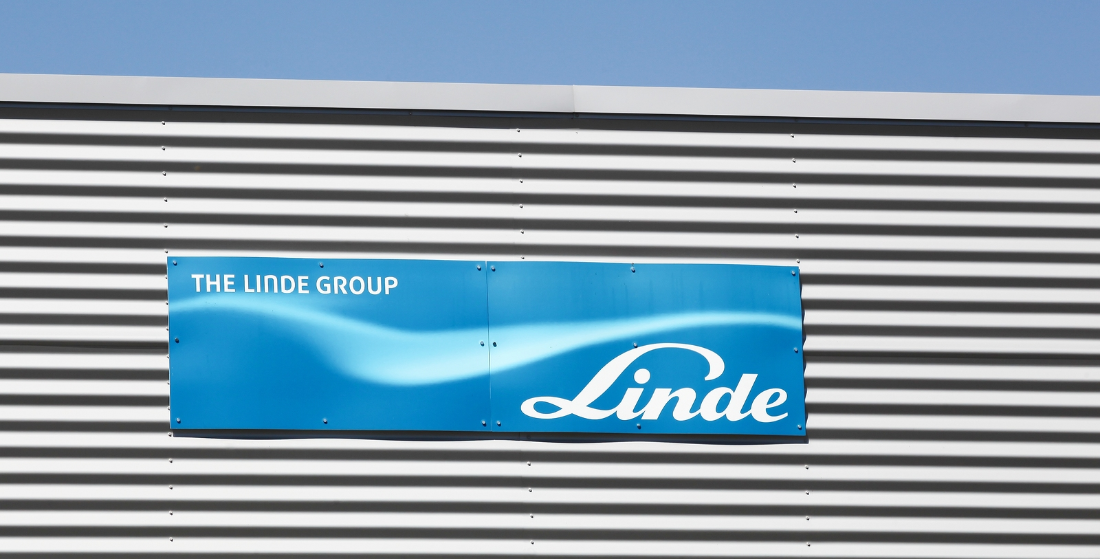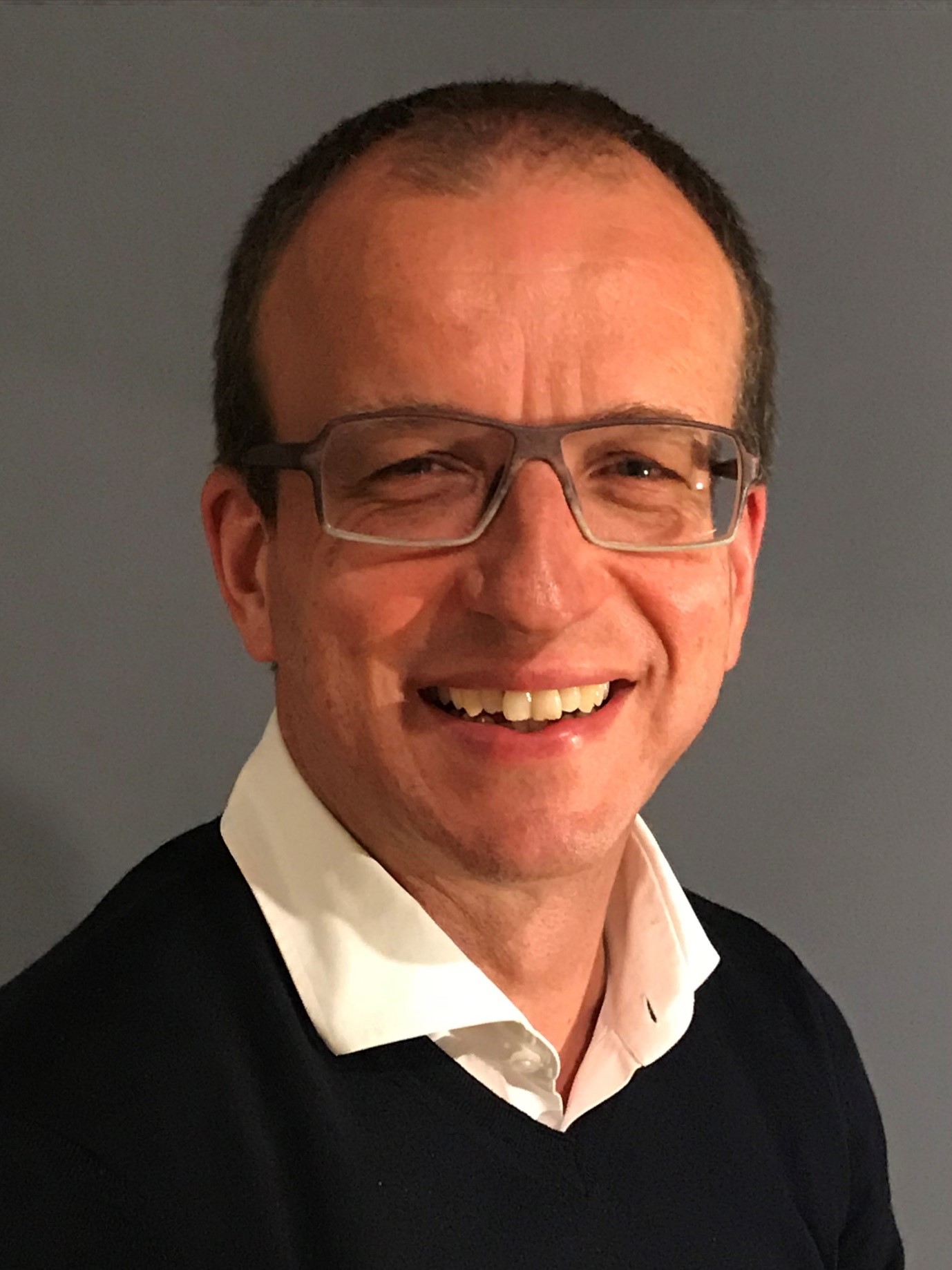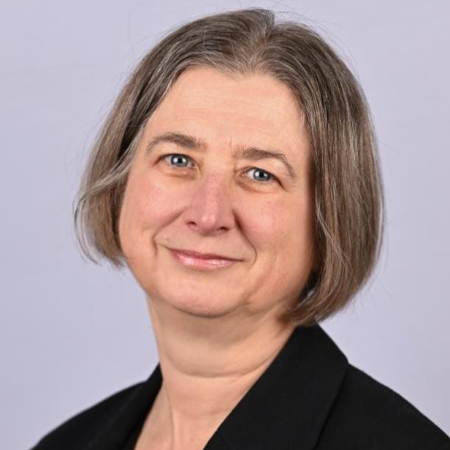Keynote: Discussing necessary evils with Linde
Linde’s head of export and project finance, Gernot Bruch says international banks are no longer seeing his transactions as a ‘necessary evil’. There are other necessary evils (and benign things) to discuss with TXF – the return of US Exim, the inexorable rise of sustainability issues, the OECD Consensus, Russia business amid sanctions, and, of course his thoughts about Coronavirus.

 TXF: As the world's largest industrial gas company, what’s the structure of your export finance division at Linde Engineering, and how have you seen the market in the past few years?
TXF: As the world's largest industrial gas company, what’s the structure of your export finance division at Linde Engineering, and how have you seen the market in the past few years?
Gernot Bruch (GB): We take care of global export finance structuring for the global Linde Engineering organisation. We do most, if not recently, all, of it out of our headquarters in Pullach, Germany, where we have the largest engineering resources, the most competent project management capabilities, our global procurement and also the global construction organisations.
All the big deals that have been financed in the last few years, basically deals in, or with, Russia [such as Amur] are done out of Pullach. That means that it is the norm for us to cooperate with the German ECA, Euler Hermes. That doesn't mean that we don't work with other ECAs. In the past we’ve used the French, Italian and Swiss and US ECAs, for example.
We did a big deal in the US with Brazilian petrochemicals giant Braskem and last year we closed the related financing for it. In terms of (export and/or project) financed transactions, however, the last five years or so have mostly been in Russia and smaller deals in some CIS states.
One of the key developments in the last 12 months for export and project finance has been the return of US Exim.
TXF: How has US Exim reauthorisation affected you and how will it?
GB: It’s been very interesting to see US Exim being restored to its full financing capacity and having its charter re-authorised after a more than four year hiatus during which the ECA was hamstrung by a lack of voting quorum. For a long time there hadn’t been a solution in sight but at the end of the day it happened quite suddenly. It’s certainly a positive for US exporters. In practice, though it remains to be seen how quickly and efficiently US Exim can return to normal ‘operating temperature’.
It has lost a lot of expertise as many key people have left the bank. We have experienced this primarily in the project finance department. It will have to retool in order to address needs of the exporting and financing community and to rebuild trust.
TXF: Will it be a net positive for Linde? I note there were plans for, for instance, the delayed Tahrir Petrochemicals Corp/Carbon Holdings $10.9 billion ECA/DFI-backed deal to source more Linde content out of the US?
GB: Whether it will be a net positive or rather neutral for us, will largely depend on the structure of our projects and whether one of our US entities will take a lead role in executing them.
But for this specific deal, Tahrir, it started on the basis of substantial US sourcing, or sourcing which would have to be done out of the US. But definitely at a certain point of time the project was delayed because of the situation around US Exim. And when it became more obvious that US Exim would not be back in business for quite some time, it was decided that we shift the sourcing, that we had shifted or planned to shift to the US, back to Germany where it would be eligible for Euler Hermes cover.
That was the set up based upon which the project and the related financing then moved forward, unfortunately without crossing the finishing line. This was not due to any lack in external financing, but rather because they could not put together the equity that is still needed. We know they are still working on it and they are in discussion with an oil and gas major from the Middle East and talks are positive, but they haven't progressed as far as to be close to getting this deal done. So, I think it will still take a little more time.
TXF: That notwithstanding, do you envisage doing more sourcing out of the US with US Exim back in play?
GB: This depends mainly on the types of projects. For the very large projects, we will certainly be focused on doing them out of our headquarters in Germany in future. It will be a natural solution to involve Euler Hermes for the large transactions. If and when there are smaller projects we are able to do out of our engineering hubs in the US, US Exim may be an option. However, for the last couple of years our US entities have been doing a lot of projects for customers in the US and NAFTA, and transactions where no financing was required. I don’t expect this to change drastically in the near future.
TXF: What other trends have been affecting your export finance business?
GB: One of the developments that has so far taken place rather on the periphery of the export finance universe, but which I think is likely to affect the industry much more in the future is the issue of sustainability.
Banks, financiers and investors seek to do the right thing because they have come under increasing pressure from civil society to adopt business practices that integrate environmental, social and governance considerations. This has led to a development that so-called sustainable finance deals have become increasingly frequent of late. However, and primarily because there hasn't so far been any comprehensive standards setting, it is completely unclear what all of this could mean for export finance.
The industry is still trying to explain to the regulators what export finance is! It will be very complicated to move to explaining what sustainable export finance is. It is crucial that industry bodies, banks and ECAs work in concert to engage regulators to put in place, in a prudent way, clear, targeted and feasible standards. This time they need to do it in the contrary way that led to all the hassle we've seen around Basel III/IV and leverage ratios, for example and to avoid all the unintended consequences.
TXF: Are you seeing any lead from ECAs on sustainability standardisation, many are talking about having followed the OECD?
GB: I don't see a more unified approach. The very fact that there is no uniform standard, that there is no consistency among metrics that are used and no measurement tools and no standardised reporting format for me, is a major problem.
We need to be to be very careful not to exacerbate the difficulties OECD exporters face in competing with non-OECD competitors based on the current common approaches for environmental and social due diligence. I’m in no way opposed to sustainable business practices but a heightened level of focus on SDG compliance by OECD ECAs only could be a further nail in the coffin for a level playing field with non-OECD competitors, which is actually the aim of all of these international agreements.
The criteria used should be to introduce uniform standards that apply in the same way to all economic operators, not just the OECD.
TXF: Do you hold out much hope for this, there hasn’t been much movement on the OECD Consensus after all? Do you think the Consensus will be reformed any time soon, or will there be no rules at all?
GB: Ideally I’d prefer to see a truly multilateral agreement under the International Working Group (IWG) on export credits. This for me would be the most adequate forum which would have to apply equally to all. But progress has been extremely slow, in fact I wouldn’t even call it progress. Industry bodies, which we are members of, support the initiative of a fundamental reform of the OECD Arrangement, which we agree is no longer fit for purpose.
But the business community also acknowledges that a fundamental modernisation would be a long term process and has therefore suggested certain immediate updates such as increasing the threshold for admissible local costs, increasing maximum repayment terms, and implementing a viable matching tool. Unfortunately, however, I am pessimistic about the chances of success of these initiatives, because there are differing views within OECD member countries both on a fundamental revision of the consensus and its selective updates.
TXF: Does Linde work with development finance institutions (DFIs) at all, or purely with ECAs, and do you have any opinions on blended finance as a tool?
GB: We mainly work with ECAs. Blended finance is a fact, but we haven’t used it. From a global perspective there are definitely countries both outside, and inside, the OECD that are providing ECA supported debt in tandem with funds from DFIs.
In my opinion, these practices result in more or less explicit subsidies and are not only to the disadvantage of exporters whose countries cannot, or do not want to, pursue these practices, they also lead to the crowding out of private sector finance. My view on blended finance is that irrespective of when and how the OECD Consensus is reformulated or replaced, we would need to strive for a better alignment of (multilateral and bilateral) development finance and officially supported export credits.
TXF: As so many of your deals have been in Russia, how are you impacted by sanctions and strategically how do you see the future of financing deals in Russia?
GB: Coping with sanctions is a reality when dealing with Russia. However, it’s a ‘nasty’ topic. The good thing is the plants we supply usually don’t require export licences, but not withstanding that, we are being progressively suffocated by the administrative workload proving to lenders to our transactions that we comply with the different sanctions regimes.
Although sanctions make your life, and especially the handling of deals, more difficult or very difficult, it is still possible to bring deals across the finish line. There will be deals and financings in the future, provided Russia doesn't do anything stupid geopolitically. It is difficult, but we can live with the current sanctions regime and we can handle the current sanctions. But if they get aggravated it may be more difficult or impossible to close financings.
TXF: Are you still being treated as a ‘necessary evil’ by international banks, you mentioned this in an interview early last decade?
GB: Back then I felt international banks often acquired our transactions from their customers, that is our buyers, via their international branch network. They exclusively prioritised the interests of their clients over ours when structuring transactions. However, I have the impression that the setting of priorities is a bit more balanced nowadays. Everyone has realised that it is important to cater to the needs of the clients at both ends of the transaction.
TXF: Is the coronavirus [Covid-19] having any impact on Linde, or any potential impact on export finance?
GB: If things stay more or less the way they are right now, I don’t foresee any impact on export finance. It does impact us as an economic operation because we have subsidiaries and local people on the ground in China, including in the Hubei region. It definitely impacts economic activity, but we don’t expect any major problems due to this.





